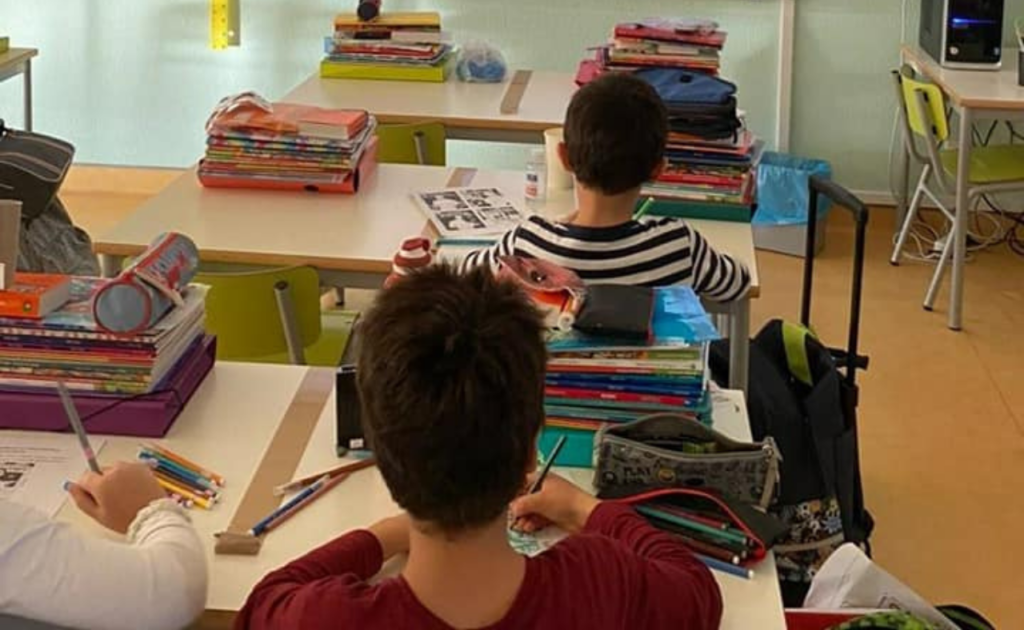The vision of the Our Space Our Future programme is to promote a society that enables and empowers all young people to consider a career related to space science, and that young people see these careers as a relevant, attainable, and exciting possibility for their future. In order to gauge whether we have achieved our vision, we have embedded a detailed evaluation framework into our activities.
This framework will be used to monitor the impact of the OurSpace approaches and methodologies on students, in terms of their attitudes, identities and aspirations in space science, and on teachers in terms of their attitudes and classroom practice. We will also explore the experiences and interactions among members of the public (mostly families, industry professionals and school staff) at OurSpace community events and on our online spaces.
We are taking an in-depth, mixed-method approach to our evaluation in an endeavour to not only identify if our methods work but how and why they work. This will help us to generate recommendations for both practitioners and teachers and provide real examples of good practice.
Such an approach pushes the evaluation output beyond enclosed applicability to the OurSpace programme and provides the foundation for legacy and future initiatives in science education. Such findings will therefore feed into the long-term sustainability plan for OurSpace.

What’s been done so far?
So far, most of our data collection has been from our student audience. Students have completed a survey that explores their attitudes and perceptions towards space science according to five key dimensions:
-
- Interest – is space science interesting?
-
- Relevance – is space science important to their own life and society in general?
-
- Accessibility – who works in space science?
-
- Possible selves – could they themselves be a space scientist?
- Future aspiration – do they intend to pursue space science in the future?
Students completed the survey before they had engaged with any of the OurSpace interventions and will complete the survey again after all four interventions are complete. This will allow us to compare the two timepoints and identify the impact of the interventions on students’ perceptions and attitudes.
A total of 1365 student surveys were collected for our baseline data. These students were from the five host countries of our delivery partners: Denmark, England, Italy, Portugal and Wales. The students were approximately evenly split in terms of male and female students and 85% were aged between 11 and 13 years old.
Students’ responses to the survey revealed that generally, students generally gave the most positive responses towards their general interest in space science and approximately three-quarters of students recognised space science as a global industry that is important to society.
Students were less positive towards the idea of pursuing a career in the space science industry. This is by no means a new finding and echoes reports in wider literature that demonstrates how interest is not enough to translate into career aspirations. We also explored any differences between male and female students and found that generally, male students held more positive attitudes than female students.
What’s next?
Having gained our benchmark data. We are now focused on collecting our follow-up data to explore students’ experiences of the OurSpace interventions. We will implement the surveys again to permit direct comparisons but will also be running some case studies to explore students’ experiences in more detail. These case studies will involve focus groups with students and observations of the interventions they participate in. Where our surveys reveal what happened and any overall impact, the case study techniques will allow us to explore how and why these things happened and in what contexts.
By the end of the OurSpace programme, we hope to be able to provide detailed examples of good practices and recommendations to other educators and teachers that will help them to encourage positive learning experiences that can empower young people and encourage them to pursue a variety of exciting careers.
Watch this space!
Watch our animated video for more information on the importance of evaluation.
Written by Our Space Our Future Evaluations Expert- Sophie Bartlett


